Home » Kratom in Rhode Island

Kratom in Rhode Island
- Anthony Dent, Founding Member
- One Comment
Rhode Island has an intimate history with banishment.
With over 400 miles of coastline, the “Ocean State” often goes forgotten as one of the original 13 colonies. Conceived in the 1630’s, Rhode Island was founded after ol’ Roger Williams was banished from Massachusetts; home of a great many already-banished peoples.
Roger must have really dropped the ball.
Unfortunately, his legacy survives in a modern day legislative disappointment. Rhode Island is one of only six states that has targeted kratom, despite its promising potential.
Kratom is banned in Rhode Island.
Origin of the Rhode Island Kratom Ban
The late twenty-teens were an unfortunate time frame across the nation for advocates of kratom. Regrettably, Rhode Island extended that trend into 2017, when a bill was passed that made possession, sale, or use of the primary ingredients of kratom illegal.
In the continuation of a bizarre and senseless tradition of the bastardization of kratom, it was added to Rhode Island’s schedule 1 designation of banned narcotics; kratom, a plant most often compared to coffee, sits along such luminaries as crystal meth and heroin. It’s a laughable misdiagnosis, but the humor fades whence we remember that kratom may be one of the most underutilized tools in combatting America’s crippling opiate epidemic, a scourge which is responsible for the deaths of tens of thousands of Americans a year. And despite the FDA’s best efforts, the innocuous nature of kratom is confirmed by the reality that no fatalities can be ascribed to it.
There was originally confusion surrounding the law, as the Rhode Island legislature enacted the ban with little public input in a way that almost seemed deliberately guileful. But all doubt was erased when a gentleman received a felony for his possession of kratom while driving – an offense as dubious as it is damaging to the “offender”. This occurred in 2017 and signaled to a public – apparently containing no small amount of kratom users – that they would indeed be prosecuted for their use of the plant.
Overturning the Rhode Island Kratom Ban
The American Kratom Association is the nations preeminent advocacy group. And while one cold be forgiven for assuming that the AKA lacks teeth, the AKA is no ordinary conglomerate of industry lobbyists.
In the fateful 2016 – before Rhode Islands ban – the FDA pressured the DEA to add kratom to its scheduling designation system. This would posit that kratom had absolutely no potential health benefits and presented significant risk to public health. The DEA, one of America’s most draconic institutions, grappled with the facts, and amazingly, found the FDA’s claims untenable. If this seems strange, consider this; the FDA is heavily reliant on profits gathered from the excessive and harmful sale of opiates. As soon as it was apparent that Americans were turning to kratom to kick their dangerous opiate habit – and in many cases seeing near miraculous results – the FDA went into a panic, and sought to paint kratom as a dangerous plant.
Does it all make sense now?
The American Kratom Association spearheaded the resistance to the doomed FDA proposal of 2016. It organized legislative structures and garnered over 60 members of both chambers of congress in resistance. Then, the AKA collected over 600,000 signatures for a White House Petition, and mobilized the substantial American Kratom community. In a rousing coup for American democracy, the voices of the public were heard. In no small part due to public outrage, the FDA backed down.
Coming off their rousing victory, the AKA has maintained momentum. They now have deployed their resources to the nation’s state legislators, looking to model a by-state legislative coda which would protect the legality of kratom for users and vendors alike. They’ve seen tremendous success, even overturning bans in some states. The Kratom Consumer Protection Act offers structuring that offers regulatory oversight; formalizes a legal structure for quality control; and gives peace of mind to legislators that kratom is out of the shadows and monitored. (Hint: They won’t find much, if the transparency of the AKA is any indication of kratom’s relatively innocuous nature.)
Whats Next for Kratom in Rhode Island, and what can you do?
As of January 2020, the KCPA is currently being debated in the Ocean State. Regrettably, the Coronavirus pandemic has stalled the momentum of the AKA, and numerous states where progress was being made has slowed as states focus on the crises.
But the most effective aspect of the AKA’s presentations – and they have proven to make an impact – are the testimonies of current kratom users. Often veterans or the infirm, the AKA brings to bear the people whose lives have been forever changed by kratom; the resounding chorus is “Kratom has saved my life”. As it did in Wisconsin, legislators are moved by seeing their constituents share moving stories of the healing and restoration given by kratom. It demystifies the plant and destroys the veneer of FDA sponsored anti-kratom propaganda.
This, along with the successful push in 2016, should indicate to you that your voice does matter. It’s also an indication of that the AKA is finding remarkable success. So make your voice heard. Be patient and transparent with those who may oppose kratom, and relentlessly push proven science and respectable, high grade studies. Information is the most powerful tool in the kratom communities arsenal, because the facts are uniformly on kratoms side; according to millions of users across America, kratom has incredible medicinal potential, and has already improved many lives.
Hopefully, Rhode Island will come to see as much.
Peace and Love, my brethren.
***Nothing in this post is intended to be taken as medical advice. Always consult with your doctor if you have questions regarding your health. Kratom does not cure any diseases. Anyone interested in using kratom should use moderation and conduct thorough research and be aware of what they are consuming.
Featured Products
-
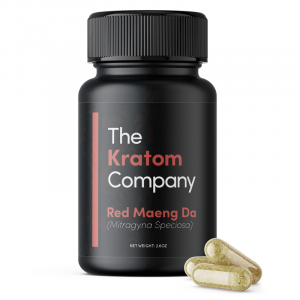 From $24.00Select options This product has multiple variants. The options may be chosen on the product page
From $24.00Select options This product has multiple variants. The options may be chosen on the product page -
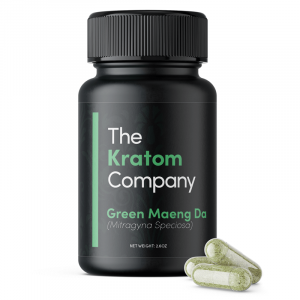 From $24.00Select options This product has multiple variants. The options may be chosen on the product page
From $24.00Select options This product has multiple variants. The options may be chosen on the product page -
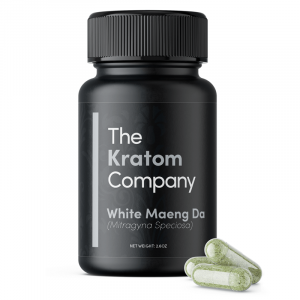 From $24.00Select options This product has multiple variants. The options may be chosen on the product page
From $24.00Select options This product has multiple variants. The options may be chosen on the product page
Explore More Posts
Product Search
Featured Products
-
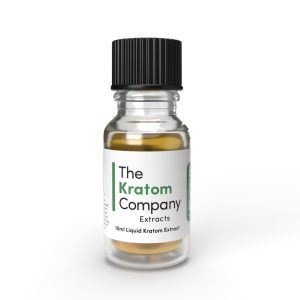 Pure Kratom Liquid Extract
Rated 4.72 out of 5From $20.00
Pure Kratom Liquid Extract
Rated 4.72 out of 5From $20.00 -
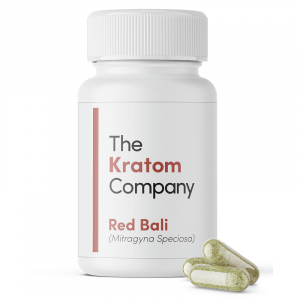 Red Vein Bali Kratom Capsules
Rated 4.70 out of 5From $24.00
Red Vein Bali Kratom Capsules
Rated 4.70 out of 5From $24.00 -
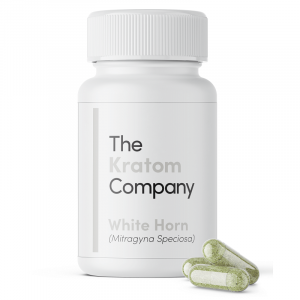 White Horn Kratom Capsules
Rated 4.88 out of 5From $24.00
White Horn Kratom Capsules
Rated 4.88 out of 5From $24.00
Recent Blogs
Follow Us
Strains
Blogs
NEWSLETTER
Sign up for our newsletter!

These statements and products presented on this website have not been evaluated by the Food and Drug Administration FDA. The products mentioned on this website are not intended to diagnose, prevent, treat or cure any diseases or health conditions. Therefore any information on this website is presented solely as the opinions of their respective authors who do not claim in any way shape or form to be medical professionals providing medical advice. The KRTM Company and its owners or employees cannot be held responsible for, and will not be liable for the inaccuracy or application of any information whatsoever herein provided. By purchasing our products you agree that you are aware and in compliance with your local county, state, or federal regulations. Must be 21 years or older to purchase Kratom. The US FDA has not approved kratom as a dietary supplement. We do not ship to the following states, cities and counties in the US where Kratom is banned: Alabama, Arkansas, Indiana, Rhode Island, Vermont, Wisconsin, Sarasota County, FL, Union County, MS, Denver, CO, San Diego, CA, and Jerseyville, IL.

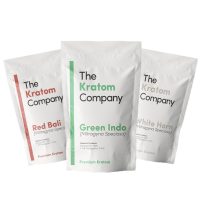




This Post Has One Comment
EVERY state is important when it comes to the battle for kratom. It’s almost like the presidential election. Glad you guys are taking the time to look a each state individually????????